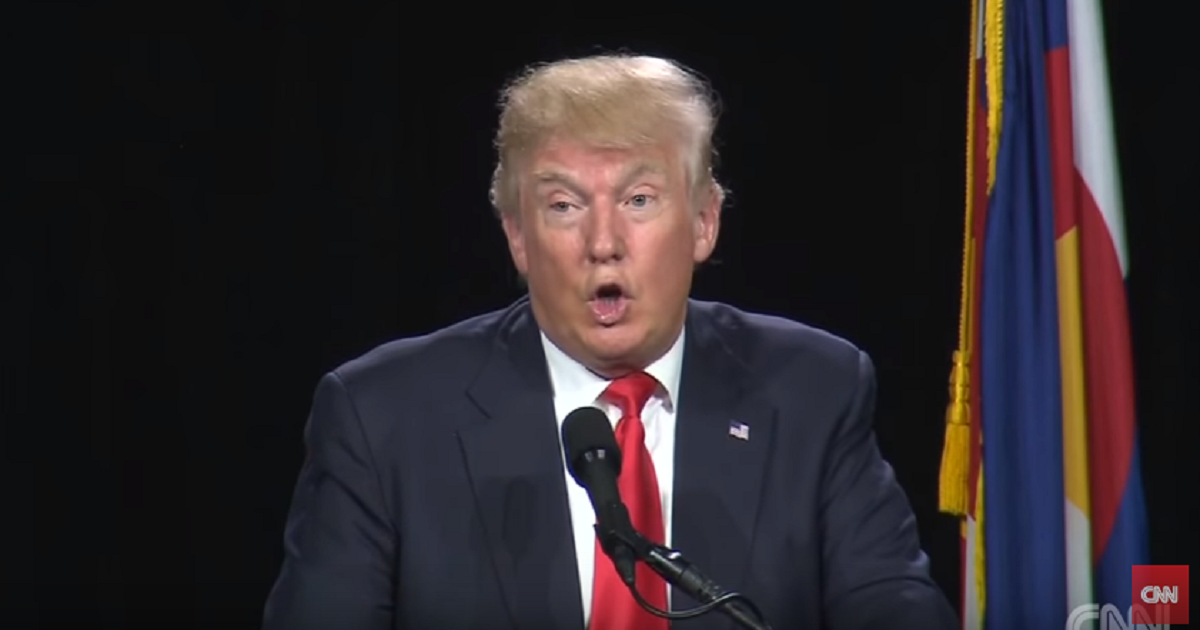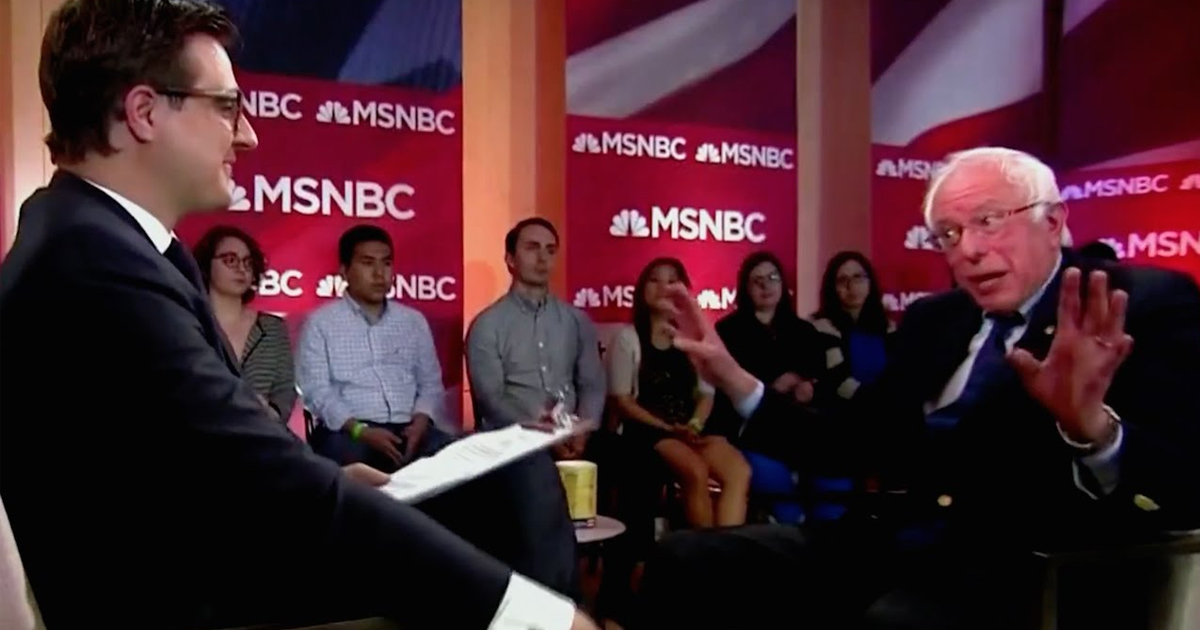Ohio Governor John Kasich came late to the GOP presidential campaign – and he’s not well known outside the Buckeye State. Nonetheless, of the 17 currently declared Republican candidates, he might have the greatest chance of defeating the Democrats in 2016, because of his newly found “moderate rhetoric” and the fact he is from Ohio, a key battleground state. His numbers have been rising in recent polls, and he has received a significant endorsement from an unlikely source.
That endorsement comes from right-wing Alabama governor Robert Bentley, who recently appointed a young Christian fundamentalist with no academic experience or credentials to head the State Board of Education. Bentley is not only a Southerner, he is also considered one of the more conservative GOP governors in the US, ranking 15 out of 30 in a 2013 survey. This is a primary race in which over half of the candidates are from the South – and most of them are a lot further to the right than Kasich. Yet, Bentley has chosen to support a Northern moderate. He is only the fourth sitting governor to offer such an endorsement in this election cycle so far.
Bentley’s endorsement of Kasich is unusual for a number of reasons. The Alabama governor is vehemently opposed to same-sex marriages, based on his religious convictions. Kasich, a devout Anglican, “does not approve” of same-sax marriage on the same grounds, yet he signed an executive order banning discrimination based on sexual orientation for state employees. Although he was “obviously disappointed” about the recent Supreme Court decision, he does not support a Constitutional Amendment to overturn the ruling, and has chosen to focus on other issues.
Kasich was also one of the few Republican governors to accept Medicaid expansion funding under the Affordable Care Act – in opposition to the GOP-controlled state legislature. Although Kasich would like to have seen the law repealed, he is a pragmatist who now accepts that the ACA is here to stay. He also acknowledged that “the opposition to it was really either political or ideological…I don’t think that holds water against real flesh and blood, and real improvements in people’s lives.” Bentley, on the other hand, refused the Medicaid expansion. Last December, he stated that he was “willing to consider a state-designed program” using Federal funds working through the “private sector.” Having access to “affordable” health care under Bentley’s proposal would have strings attached, however. “It needs to be tied to the fact that they are trying to get a job or they have a job,” he says.
Governor Bentley is openly theocratic. A deacon at the Tuscaloosa First Baptist Church, Bentley made a statement shortly after taking office: “Anybody here today who has not accepted Jesus Christ as their savior, I’m telling you, you’re not my brother and you’re not my sister.” Kasich is also guided by his faith, but in more pragmatic ways. In justifying the Medicaid expansion to his critics, Kasich said: “When I get to the pearly gates, I’m going to have to answer for what I’ve done for the poor.”
When it comes to the hot-button issue of immigration, Governor Bentley has taken a hard line. In 2011, he signed one of the most draconian immigration laws in the nation, which Mary Bauer of the Southern Poverty Law Center described as “mean-spirited [and] racist.” At one time, Kasich also took a strong stand on the issue, even calling for the repeal of the 14th Amendment, making citizenship a birthright. In 2010, he told the Columbus Dispatch: “One thing that I don’t want to reward is illegal immigration.” Since then, however, he has softened his stance. Four years later, he told the same newspaper that he had “evolved,” adding:
I don’t want to see anybody in pain…When I look at a group of people who might be hiding, who may be afraid, who may be scared, who have children, I don’t want to be in a position of where I make it worse for them.
Kasich now supports a legal “path” to citizenship.
On the surface, John Kasich appears to be a GOP moderate who could give the Democratic nominee a run for his/her money. But is he really so “moderate”, and why would Governor Bentley endorse him?
Like his fellow governor, Scott Walker, Kasich is virulently anti-labor. He has signed legislation prohibiting public workers from engaging in collective bargaining, which was later rejected by Ohio voters in a 2011 referendum. This year, he rescinded an executive order issued by previous governor Ted Strickland, allowing collective bargaining by home health and child care providers. However, once again, Kasich has changed his tune, taking a more “conciliatory” tone with organized labor.
On the matter of green energy and moving away from fossil fuels, Kasich’s positions have been unclear. He’s not an all-out “climate denier,” but neither does he completely accept the evidence that human activity is responsible for climate change. He has given lip service to renewables, but in 2014, Kasich signed a bill that froze renewable energy standards established six years earlier – representing a serious setback for green energy projects in Ohio. On one hand, Kasich says, “I believe in the wind and solar…[and] I believe in energy efficiency.” On the other, he says that the renewable energy standards “are simply unrealistic and will drive up energy costs for job creators and consumers.”
It appears that Kasich, who is an experienced politician (he spent eighteen years in the US House of Representatives), blows with the political winds. This is why Governor Bentley believes Kasich can win. Speaking to the Christian Science Monitor, Bentley said:
We’ve had some changes in attitudes and philosophies in the last eight years that maybe require that we move back a little to the center…I realize that maybe the country has changed some of its attitudes about things. And I think John understands that too but can help get us back a little more to the center.
There are many who continue to believe that the US is a “center-right” nation – and, for the moment, Kasich seems to represent that view. His poll numbers are definitely on the rise, but are still far behind those of Trump (as of last week, he was tied with Rand Paul at 4%). Many of his views on the role of government are unpopular with the rank-and-file GOP. Nonetheless, his endorsement by arch-conservative Robert Bentley could prove to be a large shot in the arm.



